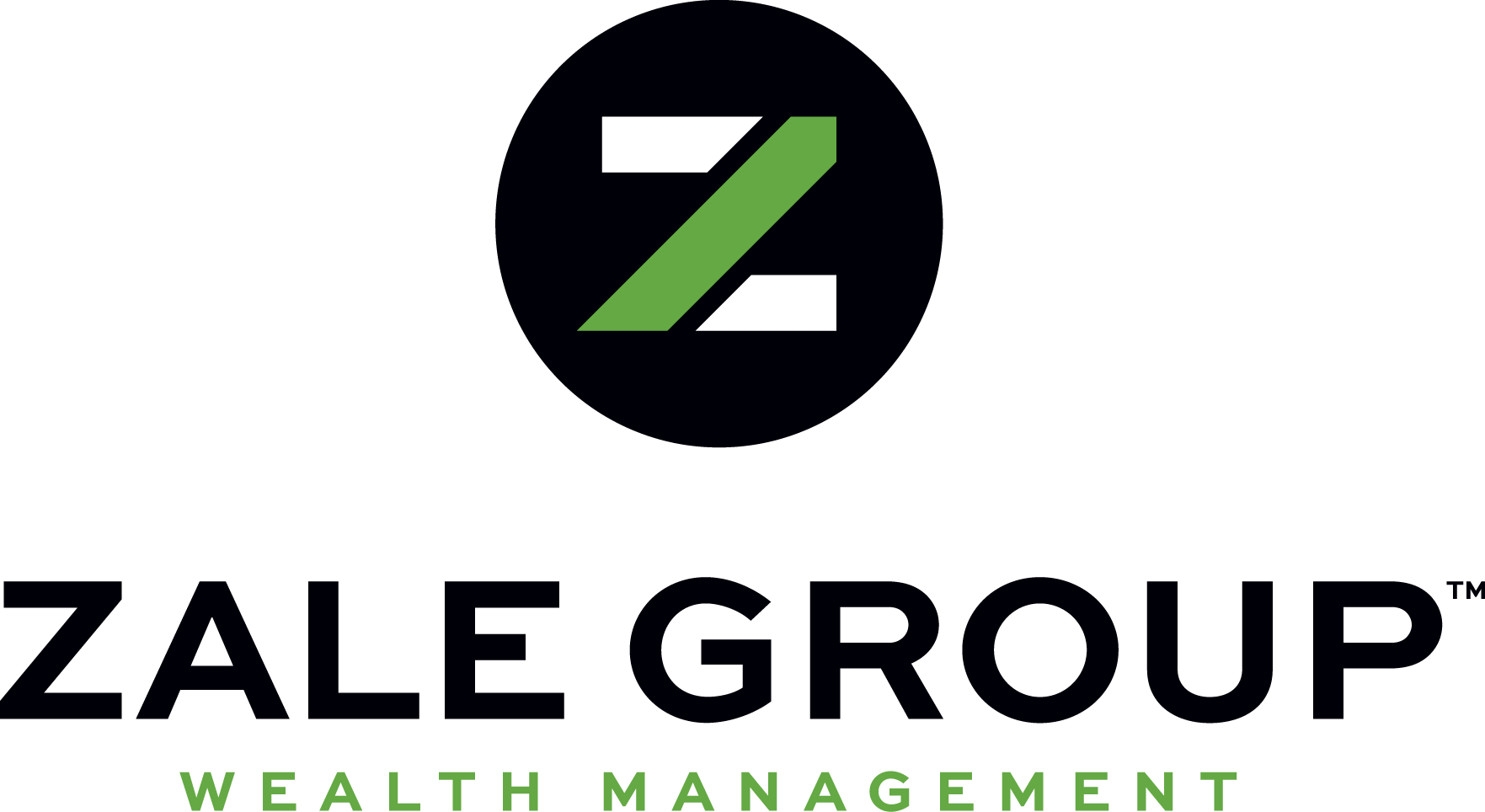FAQ
How much money do I need to retire? How much can I withdraw from my savings and what accounts should I withdraw from first?
These are important questions and you should have the answers. Let us work through the financial planning process together to create a plan for your future. Reach out to us to get started on your own financial plan.
I don’t know if I need an advisor, but can you look over my investments and plans and give me your professional opinion?
Absolutely, and we would love to help. Maybe you have some questions about your current investments, your current advisor, or your current plan. Would you like a second opinion? We can do that. If you need to make some changes, we will let you know. If you are heading in the right direction, we will let you know that too.
Do I have enough insurance? How much money should I leave to my heirs?
Insurance is a great tool when used properly, but it can get very complicated: Do you have Life Insurance? Disability Insurance? Long Term Care Insurance? Do you need them? Do you need more? These are questions we can help you answer. Contact us today to get started on your insurance plan.
How are you paid for your services?
Most of our revenue comes in the form of fee-based revenue (charging a percentage based on the amount of assets we manage). In some cases we charge commissions or flat fees.
How much do you charge?
No two clients are the same, no two clients require the same work, and no two clients are charged the same fees. That being said, our fees and services are competitive and somewhat negotiable. Our goal is to find the right balance of service and value for all of our clients. Most of our revenue comes in the form of fee-based revenue (charging a percentage based on the amount of assets we manage). In some cases we charge commissions, flat fees, or hourly rates.
Why should I hire a Certified Financial Planner™ Professional?
Most people think all financial planners are “certified,” but this isn’t true. Anyone can call himself a “financial planner.” Only those who have fulfilled the certification and renewal requirements of CFP Board can display the CFP® certification marks, which represent a high level of competency, ethics and professionalism. CFP Board’s Standards of Professional Conduct require CFP® professionals to act in your best interest, putting your needs above their own.
CFP® Certification Requirements
Education
Unlike many financial advisers, CFP® professionals must develop their theoretical and practical knowledge by completing a comprehensive course of study at a college or university offering a financial planning curriculum approved by CFP Board. Applicants may also satisfy the education requirement by submitting a transcript review or previous financial planning-related course work. Or, they can show that they have attained certain professional designations or academic degrees that cover the important subjects in CFP Board’s financial planning curriculum.
Examination
CFP® professionals must pass the comprehensive CFP® Certification Exam, which tests their ability to apply financial planning knowledge to real-life situations. The exam covers the financial planning process, tax planning, employee benefits and retirement planning, estate planning, investment management and insurance. The average pass rate for this difficult exam is only 56%. This comprehensive exam ensures that Certified Financial Planner™ professionals are highly qualified to develop a plan for your finances.
Experience
Certified Financial Planner™ professionals must have a minimum of three years experience in the financial planning process prior to earning the right to use the CFP®certification marks. This hands-on experience guarantees that CFP® professionals have practical financial planning knowledge, so you can count on them to help you create a realistic financial plan that fits your individual needs.
Ethics
When it comes to ethics and professional responsibility, Certified Financial Planner™ professionals are held to the highest of standards. CFP Board’s Code of Ethics outlines CFP® professionals’ obligations to uphold principles of integrity, objectivity, competence, fairness, confidentiality, professionalism and diligence. And the Rules of Conduct require CFP® professionals to put your interests ahead of their own at all times and to provide their financial planning services as a “fiduciary” — acting in the best interest of their financial planning clients. CFP® professionals are subject to CFP Board sanctions if they violate these standards.
Enforcement
CFP Board’s rigorous enforcement of its Standards of Professional Conduct — including releasing disciplinary information to the public — distinguishes the CFP® certification from the many other designations in the financial services industry. Everyone who seeks CFP® certification is subject to a background check, and those whose past conduct falls short of CFP Board’s ethical and practice standards can be barred from becoming certified. After attaining certification, a CFP® professional who violates CFP Board’s ethical and practice standards becomes subject to disciplinary action up to the permanent revocation of certification. Through diligent enforcement of its ethical and practice standards, CFP Board provides you with the confidence that your CFP®professional is both competent and ethical.
Why Choose a CFP® Professional, Copyright © 2011, Certified Financial Planner Board of Standards, Inc. All rights reserved. Used with permission.
Check the background of this investment professional on FINRA's BrokerCheck.

Address
2050 Livernois Rd.
Ste B Troy, MI. 48083
Phone
248-243-5800
Security and advisory services offered through LPL Financial, a registered investment advisor, Member FINRA/SIPC.
The LPL Financial registered representative(s) associated with this website may discuss and/or transact business only with residents of the states in which they are properly registered or licensed. No offers may be made or accepted from any resident of any other state.
